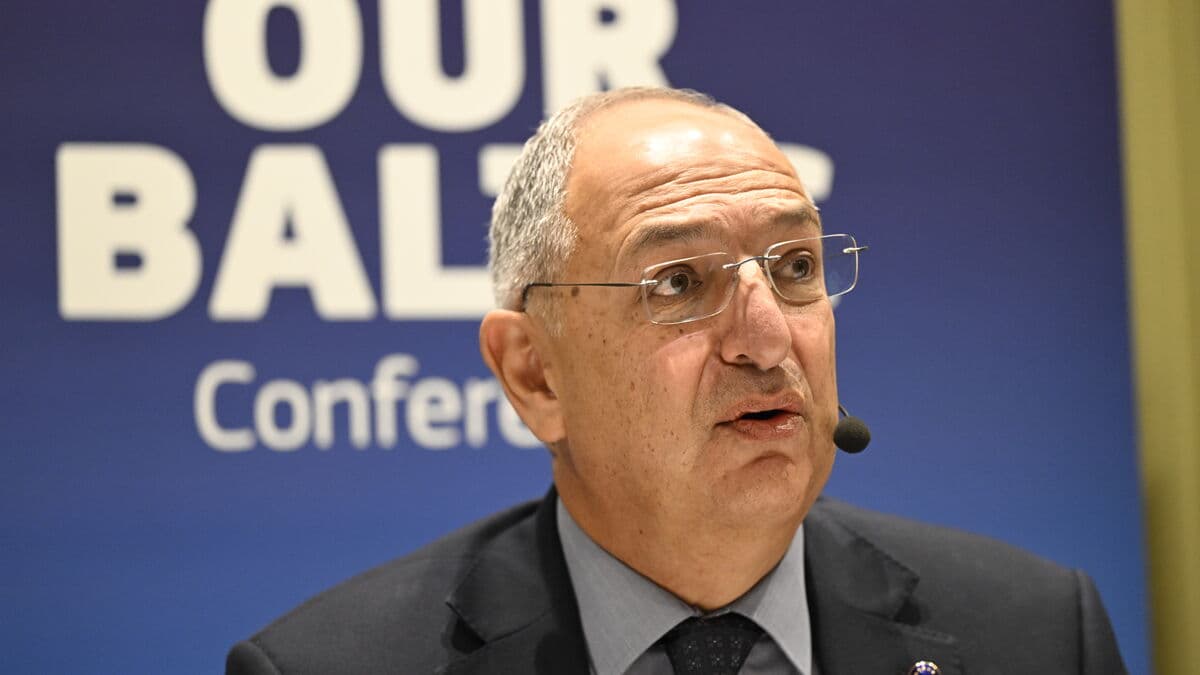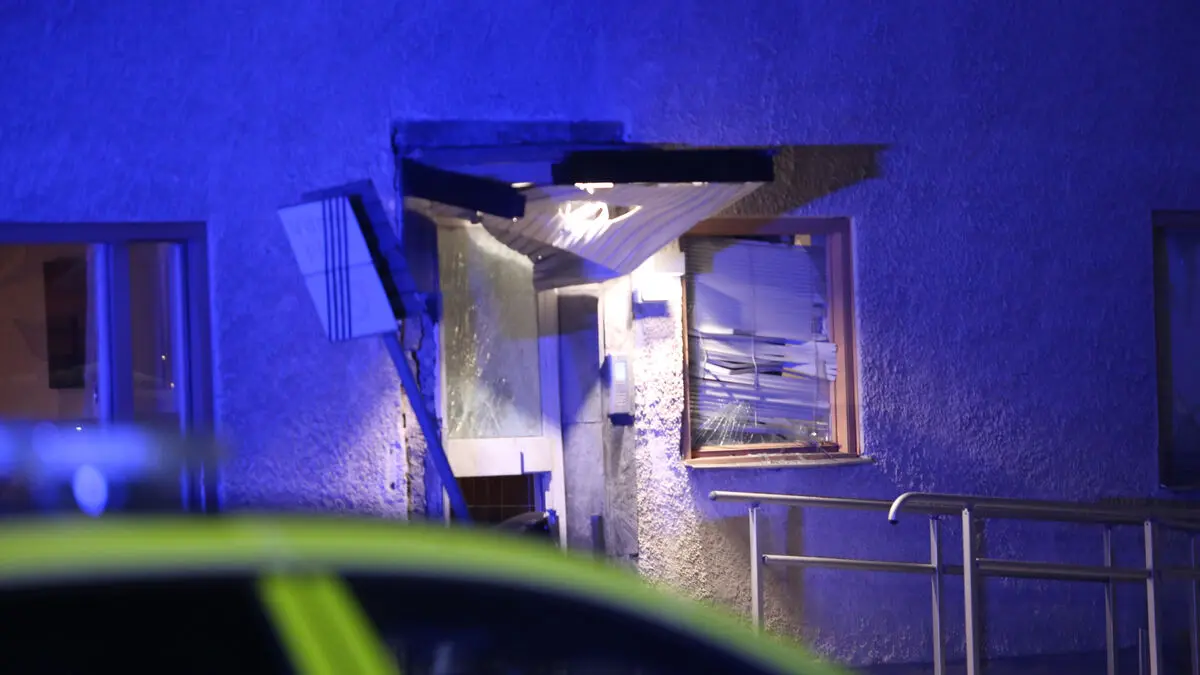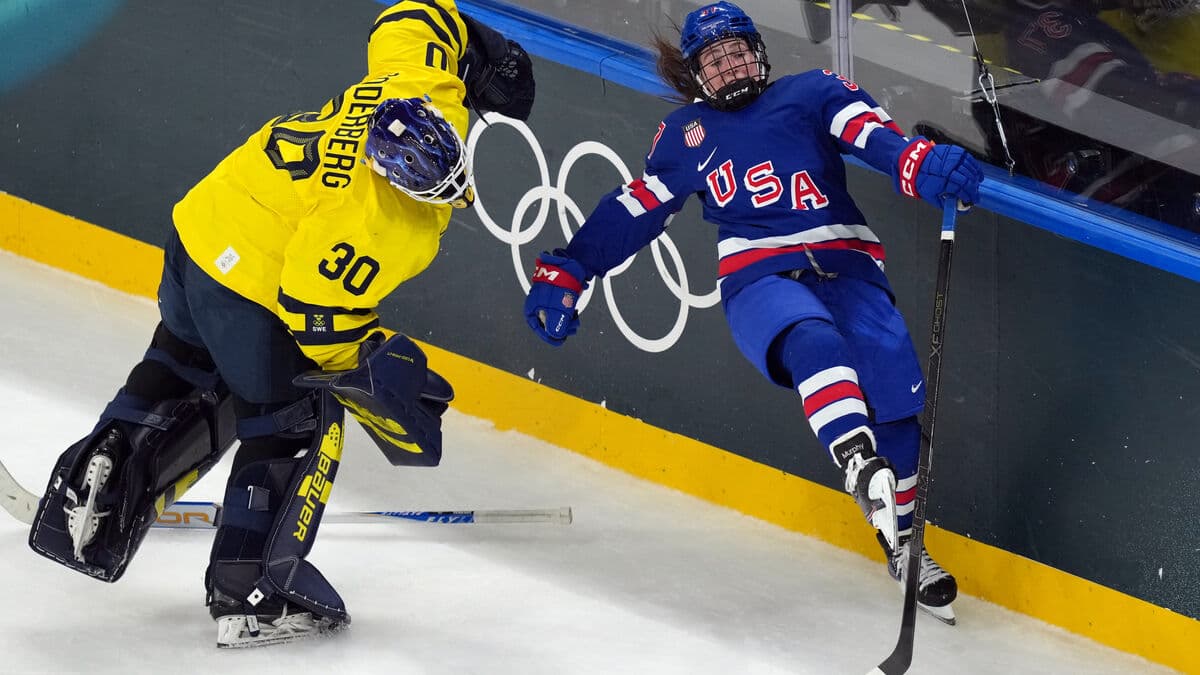–We are in a critical situation for the Baltic Sea. Despite progress in various areas, the overall situation for the Baltic Sea is deteriorating, says Kadis at a press conference in connection with a conference in Stockholm on Tuesday where the situation was discussed by environmental and fisheries ministers from the countries around the Baltic Sea.
Not least, Kadis warns of research findings on the situation for herring and sprat in the Bothnian Sea and the Bay of Bothnia.
–These stocks are at some of the lowest levels ever measured. Losing them would be catastrophic, says Kadis.
”Not even proposals”
The Fisheries Commissioner now hopes for cautious quotas when the countries' fisheries ministers meet in Luxembourg at the end of October to agree on next year's catches.
Historically, it has proven quite difficult, notes Minister for Rural Affairs Peter Kullgren (KD).
The government has previously been against the EU Commission's proposal to stop herring fishing. And even though the situation is described as alarming, a total fishing stop has not been up for discussion.
It is not even a proposal on the table from the International Marine Research Council ISIS, he says to TT.
If it is difficult for us to keep the quotas low, how do you think we would get a total stop through? I do not think it is possible given the situation as it is.
Disagreement with Finland
Climate and Environment Minister Romina Pourmokhtari (L) says that all meeting participants agree that it is a serious situation.
But how to tackle the serious situation, we do not agree on. Sweden wants to see strong measures against overfishing, as well as strong measures against seals and cormorants, she says to TT.
Among other things, she describes Finland as an opponent and admits that it feels frustrating. The Finnish parliament has, among other things, wanted to increase the fishing quota for sprat in the Bothnian Bay.
I have had many exciting, to put it diplomatically, discussions with the Finnish Minister for Rural Affairs.
She says that the conference is an important step towards a healthier Baltic Sea.
But that it would lead to major results and major changes, I find it hard to see, says Pourmokhtari.






